Reversing Retinal Degenerative Diseases: We’re One Step Closer
Degenerative disorders affecting the retinal pigment epithelium (RPE), such as age-related macular degeneration and autosomal recessive bestrophinopathy, can ultimately lead to blindness. Some of these life-changing disorders are the result of mutations in a single gene, called BEST1.
Although the genetic defect in BEST1 was identified almost two decades ago, its physiological role—how it does what it does, was unclear. Now, researchers from Columbia University and University of Rochester have used a novel approach to solve this mystery. Today, they published their pioneering study in the journal eLife.

RPB Physician-Scientist Awardee Stephen H. Tsang, MD, PhD, of Columbia University, at work in his lab.
The researchers created a “disease-in-a-dish,” meaning that they coaxed skin cells taken from an adult patient first back into an embryonic-like state (called induced pluripotent stem cells, or iPSCs) and then into RPE cells to create a model of retinal degenerative disease. Then they assessed physiological properties of the RPE cells carrying normal or mutated BEST1 via innovative, interdisciplinary approaches to pinpoint the exact role of the BEST1 gene.
The researchers were also able to show that RPE cells that carry the BEST1 gene mutations, which are the same cells that are damaged by degenerative diseases, can have their damage reversed by providing healthy copies of the BEST1 gene (through viral gene supplementation, which uses a specially selected virus to “carry” new genes into the cells).
“Our team provided evidence that autosomal recessive bestrophinopathy is a ‘chloride channelopathy’ and is a treatable disorder,” said RPB Physician-Scientist Awardee Stephen H. Tsang, MD, PhD, Associate Professor of Ophthalmology and Associate Professor of Pathology and Cell Biology at Columbia University, and Tingting Yang, PhD, Assistant Professor of Pharmacology and Physiology at University of Rochester.
October 24, 2017
Related News: Feature Story, Gene Therapy, Macular Degeneration, Retina Disorders , Stem Cell Therapy, Top Story
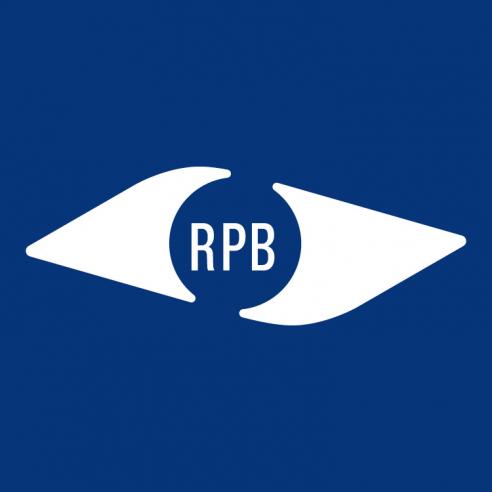
Vision Research Funding Partnership Event Takes Place Today
Leaders of organizations that fund vision research convene in Washington, D.C. to increase collaboration and maximize the impact of research funding for sight-threatening diseases.
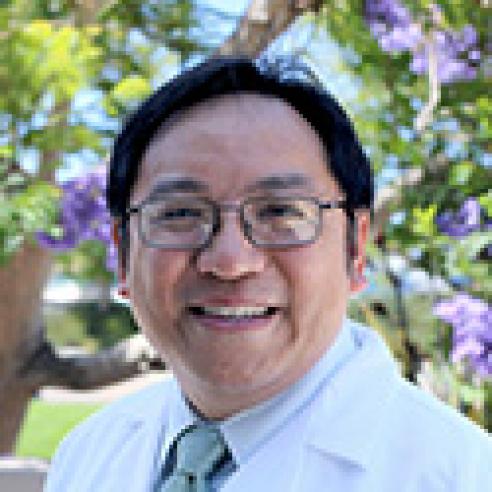
Research to Prevent Blindness and Alcon Award Glaucoma Grant
Dr. Alex Huang of the University of California San Diego School of Medicine will study glaucoma filtration surgeries with the aim of improving surgical success for lowering eye pressure and providing neuroprotection.

Researchers Build An “Aging Clock” To Help Treat Eye Disease
The new way to measure ocular aging opens treatment avenues for numerous eye diseases.
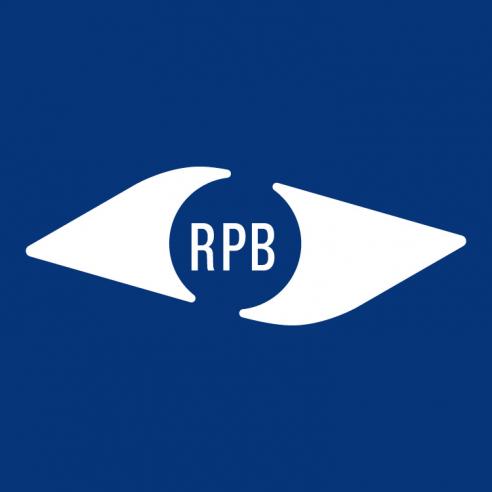
Research to Prevent Blindness and the American Academy of Ophthalmology Award Big Data Research Grants for Improved Patient Care
The American Academy of Ophthalmology (AAO) and Research to Prevent Blindness (RPB) today announced the 2023 recipients of the RPB/AAO Award for IRIS Registry Research.
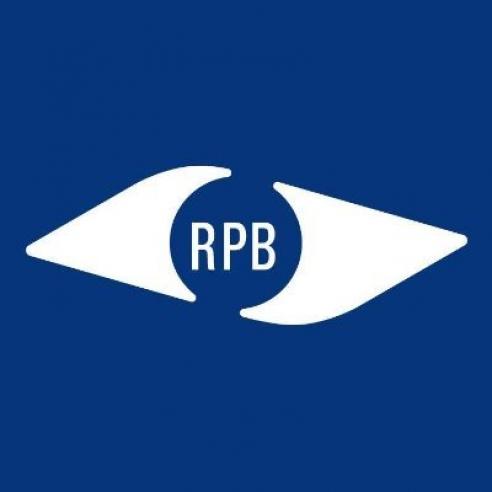
In Memoriam: Herbert J. Siegel
RPB acknowledges the passing of a dedicated former Board member.
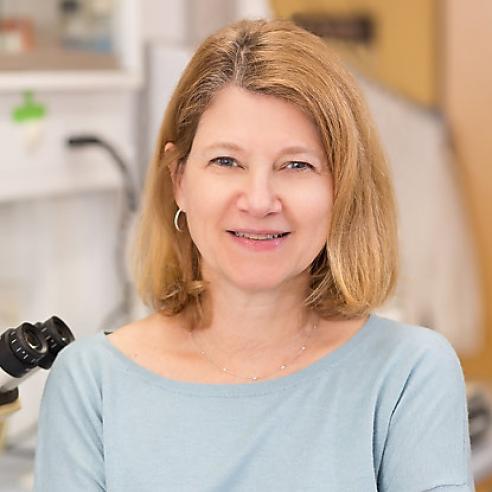
Research to Prevent Blindness and Association of University Professors of Ophthalmology Announce 2024 Recipient of RPB David F. Weeks Award for Outstanding Vision Research
Patricia Ann D’Amore, PhD, MBA, is recognized for ground-breaking contributions to the field of vision research.
Subscribe
Get our email updates filled with the latest news from our researchers about preventing vision loss, treating eye disease and even restoring sight. Unsubscribe at any time. Under our privacy policy, we'll never share your contact information with a third party.
| General Info | Grants | News & Resources |



